The Elusive Quest Across Sectors For Women’s Freedom in India
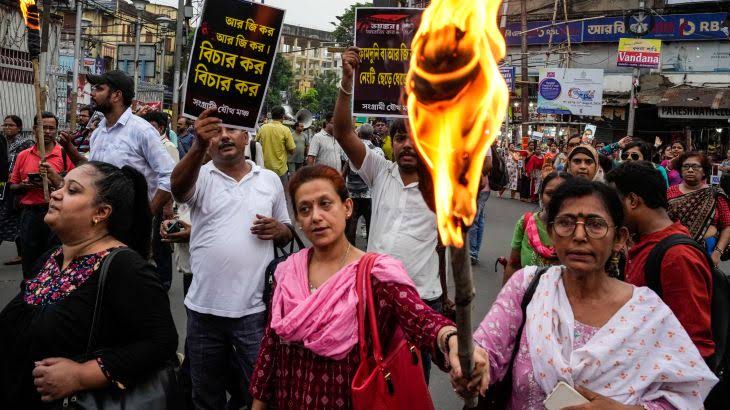
Listen to the article in Hindi:
At the end of Sanjay Leela Bhansali’s recently released Netflix Period Drama Series “Heera Mandi,” a poignant message appears on the screen, which lingers in the minds of viewers: “India’s Freedom Struggle ended on August 15, 1947, but the struggle of Women in India never ends…” This leads to a thought-provoking question: “Did women in India truly achieve independence on August 15, 1947?”
The horrific case of a Young Doctor brutally raped and killed in Kolkata a few days ago while performing her duties is the latest instance of gruesome violence against women, which once again serves as a haunting reminder that women’s safety remains precarious in contemporary India. The cause of death was referred to as “throttling” and “smothering”. The post-mortem report revealed bruises on different parts of the body and signs of sexual penetration. The rape and murder of the on-duty doctor has sparked outrage not only in the State but across the country. This is not merely an anomaly but part of a larger pattern of violence against women, where tragic stories illustrate the alarming disregard for women’s autonomy and dignity. Independence seems meaningless in a society where women fear for their lives simply due to their gender.
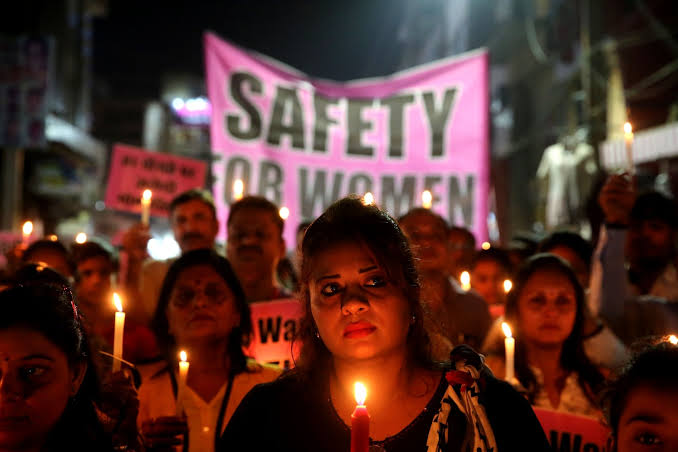
This question resonates deeply, particularly when set against the backdrop of contemporary societal issues. Recent events have intensified contemplation about the ongoing quest for women’s freedom and safety in India. Be it a 70 year or a 3 year old, women are the targets of sexual exploitation and harassment. The heartbreaking instances of violence, oppression, and discrimination reveal that women continue to face daunting challenges long after the ceremonial attainment of Independence. From Kolkata to Mumbai and from Delhi to Kerala, the plight of women with regard to their safety, rights, and freedom remains a stark everyday struggle throughout the length and breadth of India. This juxtaposition highlights an unsettling truth: the need and compulsion to persist with the fight for gender equality and justice decades after Independence.
A recent decision by the Kerala High Court to release the Hema Commission Report further highlights the cultural and institutional barriers that women in India continue to face. This report, the first of its kind in the country aimed at addressing issues pertaining to women in the film industry, emerged from an incident of assault on a Female Actor of Malayalam Film industry in the year 2017. Regrettably, despite the comprehensive evidence compiled by the committee-which includes a 300-page report filed in 2019 detailing harassment and gender inequality- the report’s disclosure has faced unexplained delays. Even after the High Court’s clear directive the authorities are not resolutely moving towards the publication of the report. This brings to light a pattern of negligence and systemic cover-ups that further alienate women from the institutions ostensibly designed to protect them.
In January 2023, the complaint made by women wrestlers in Delhi, of Sexual Harassment by a Senior official further illustrate that the perils women face are deeply rooted in a culture of silence and impunity. Similarly, earlier this year, complaints of rape and sexual harassment by junior girls cricketers in Kerala against their Kerala Cricket Association Coach also underscore the all pervasive nature of this type of harassment in the sports arena of the country, where institutions are expected to embody merit-based accomplishments. Instead, it has become a microcosm of society’s larger problems, where power dynamics and patriarchal structures inhibit progress toward genuine freedom for women. These prohibitions and oppressions are being advanced rather bluntly and indeed shamelessly without any fear or control.
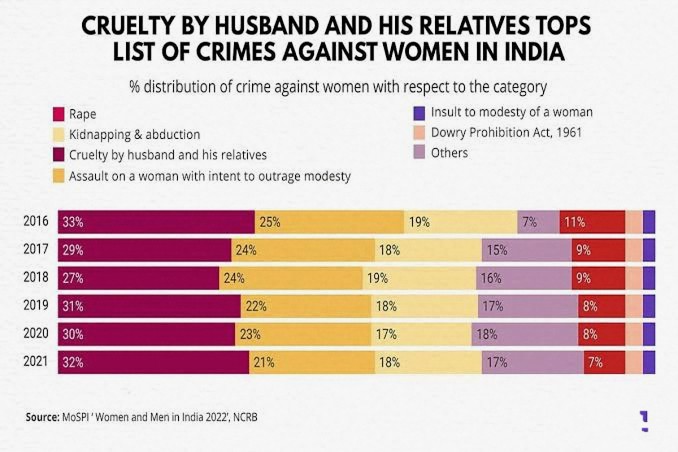
Such incidents ignite, from time to time, crucial discussions around questions related to the freedom and safety of women-whether at home, in the workplace, or on the playground. If those who have reached their potential are shrouded in fear, what implications does this hold for future generations aspiring to realise their dreams? Would they have any hope in the future when their lives are constantly endangered by systemic violence and societal apathy?”
Though India emerged from the shackles of Colonialism with a pledge for equality and justice, the promise of freedom evidently remains partially unfulfilled for half of its population. The emotional and physical scars borne by countless women across the nation serve as a stark reminder that the idea of independence should encompass the need for societal recognition of women’s autonomy, dignity, and basic rights.
The legal framework governing women’s rights in India, established primarily after independence in 1947, serves as a documentary testament to the nation’s commitment to gender equality. However, as one reflects on the lived experiences of women across the country, it becomes evident that these legal rights, essential as they are, have not translated into genuine freedom for large sections of women. The multifaceted challenges that women face today remain oppressive and diverse, revealing a disconcerting gap between legislation and reality.
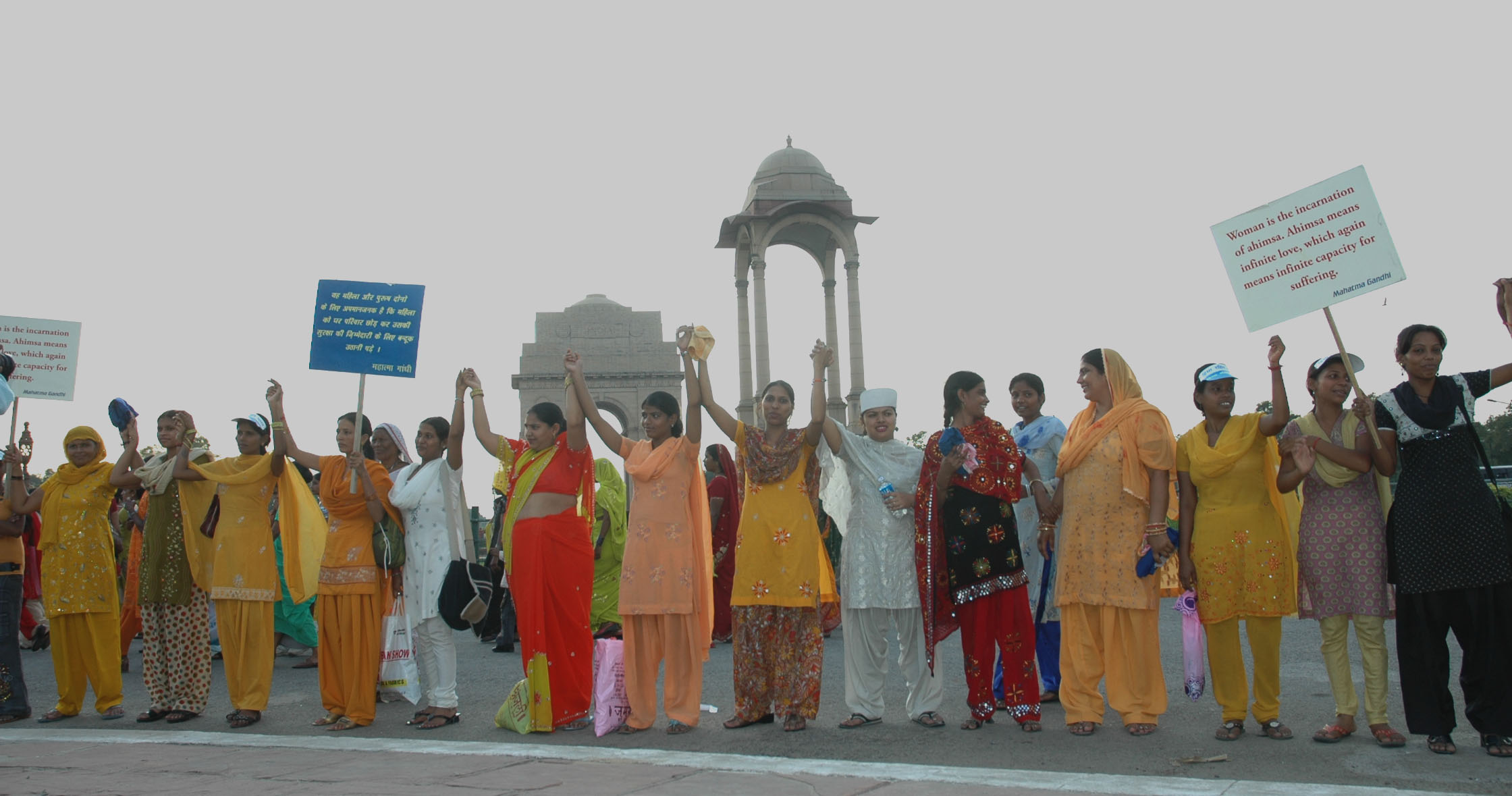
Merely having laws in place does not ensure their effective enforcement; the persistence of harmful social attitudes and institutional inertia often sabotage progress. In many rural areas, deeply entrenched traditions dictate the roles assigned to women, confining their aspirations and perpetuating cycles of oppression. Such societal resistance underscores how systemic norms can undermine the potential impact of even the most robust legal frameworks.
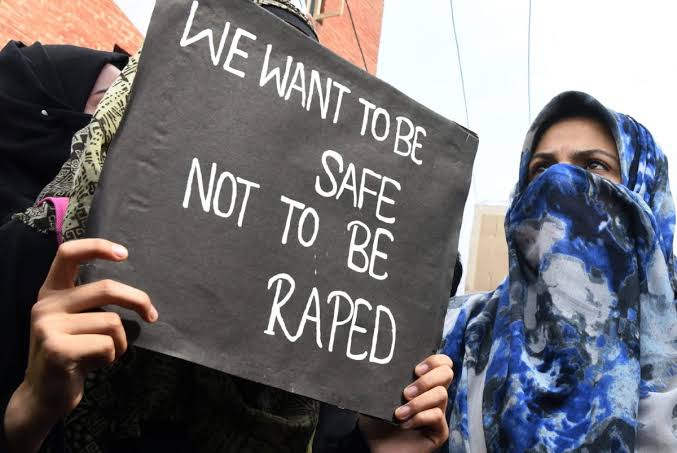
As we reflect on this ongoing journey, it becomes evident that while the constitutional framework has laid a foundation for women’s rights, the persistent societal challenges underscore how true independence remains absolutely out of reach for sizable sections of women in the country. Women in India may have secured legal rights; however, the pathway to achieving genuine freedom-characterised by safety, dignity, and equality across all dimensions of life-remains an unfulfilled aspiration.
To sum up, the struggle that began decades ago has echoed through generations of women, forcing them to repeatedly challenge the status quo. The promise of independence must not remain a distant dream; it requires concerted efforts from all strata of society to ensure that every woman in India can genuinely enjoy the freedom that was won through hard fought battles waged by all genders.


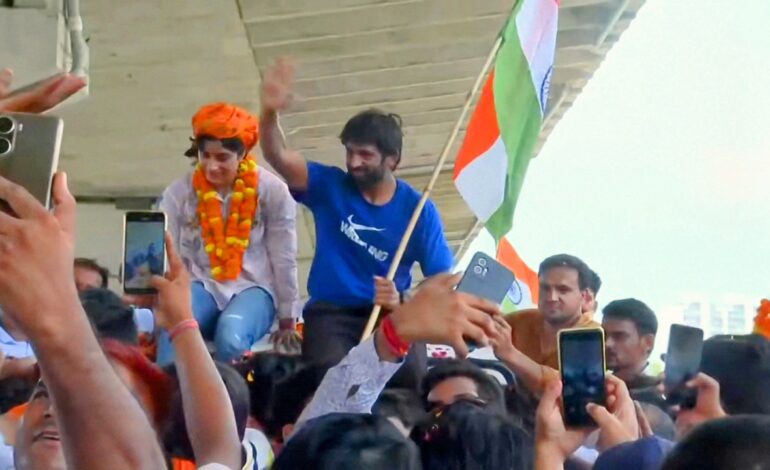
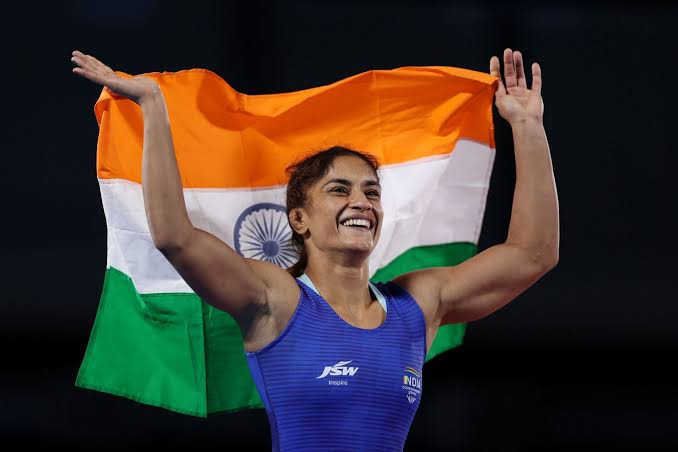
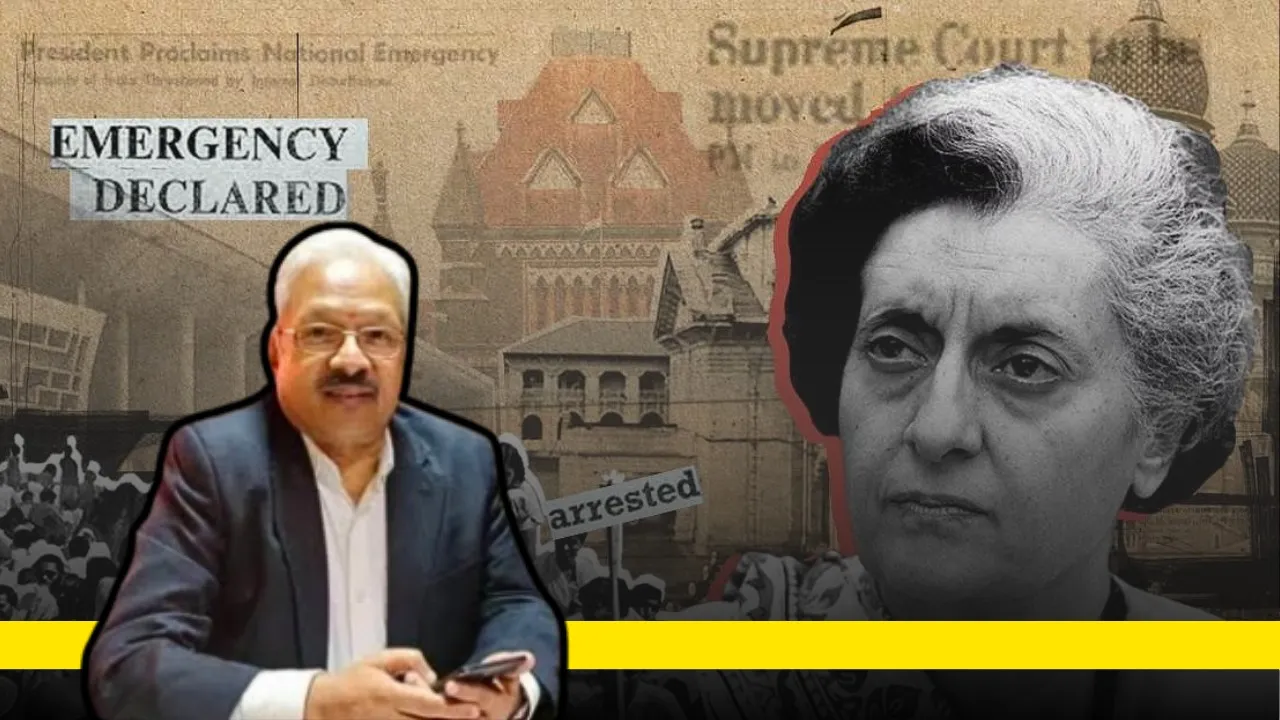
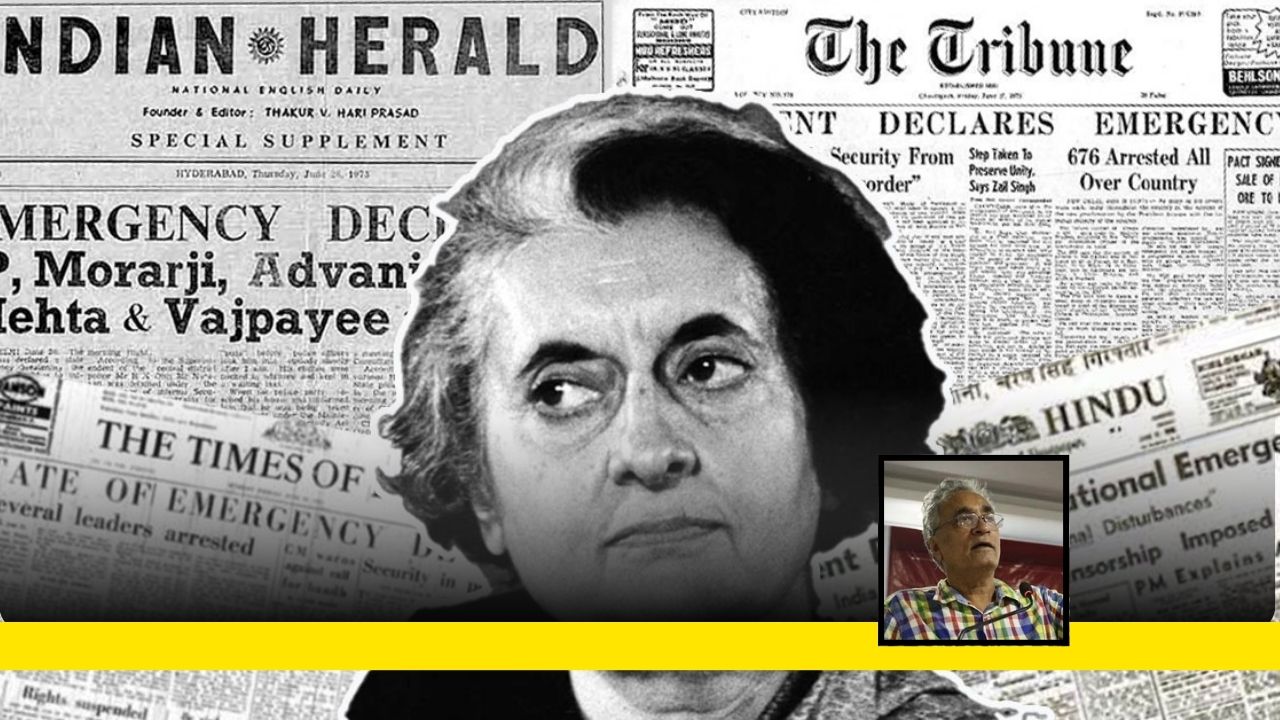
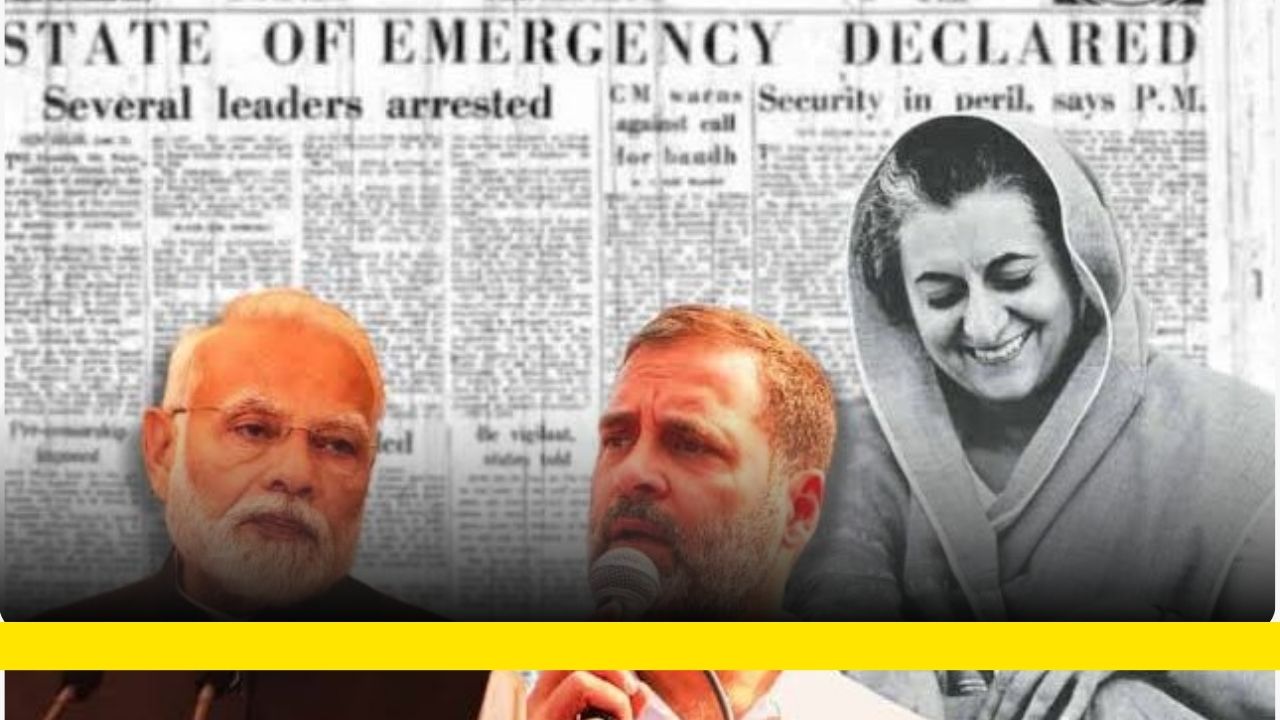
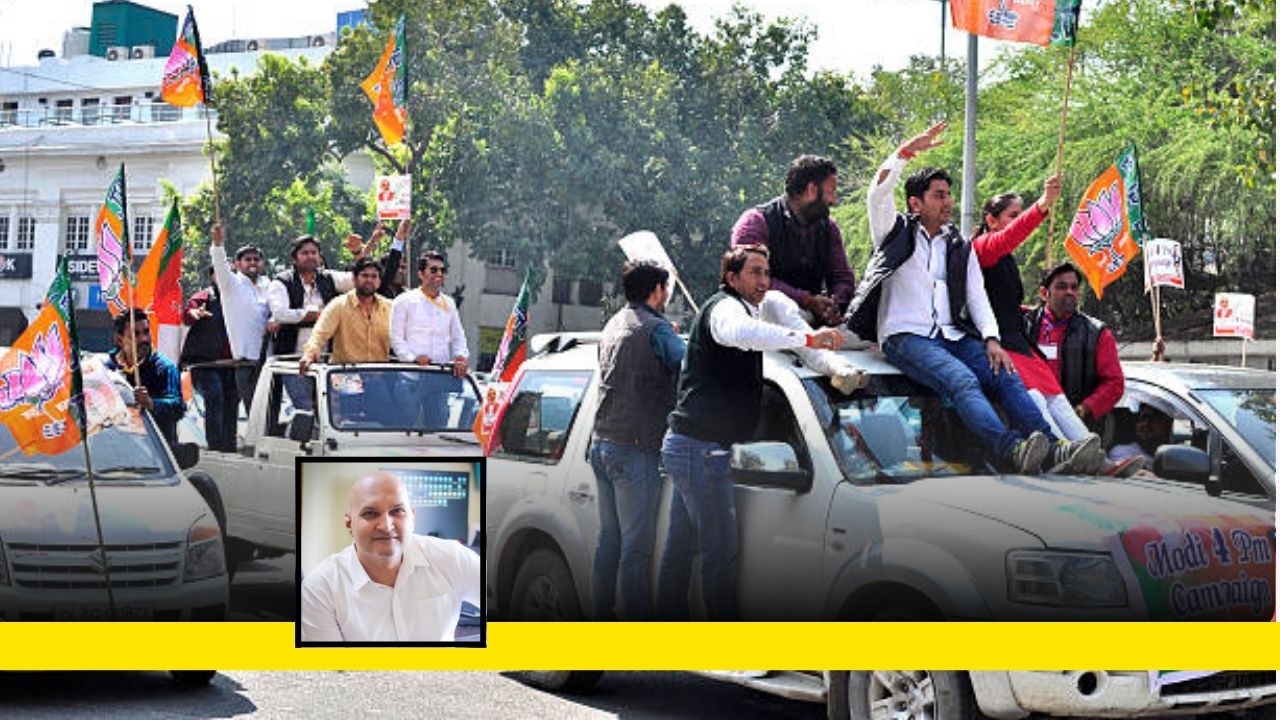




Excellent article. GOD save us Women.
High quality write up to depict the plight of Indian women in the background of independence day
👌Brilliantly written, every point is highly compelling and the timing of this article being close to independence day is strikingly appropriate
Beautiful article, i think it needless to say, that true independence cannot be celebrated until woman are free from fear, violence, and oppression. Our fight for freedom remains incomplete until safety, dignity, and equality become a living reality for women, not just a constitutional promise.